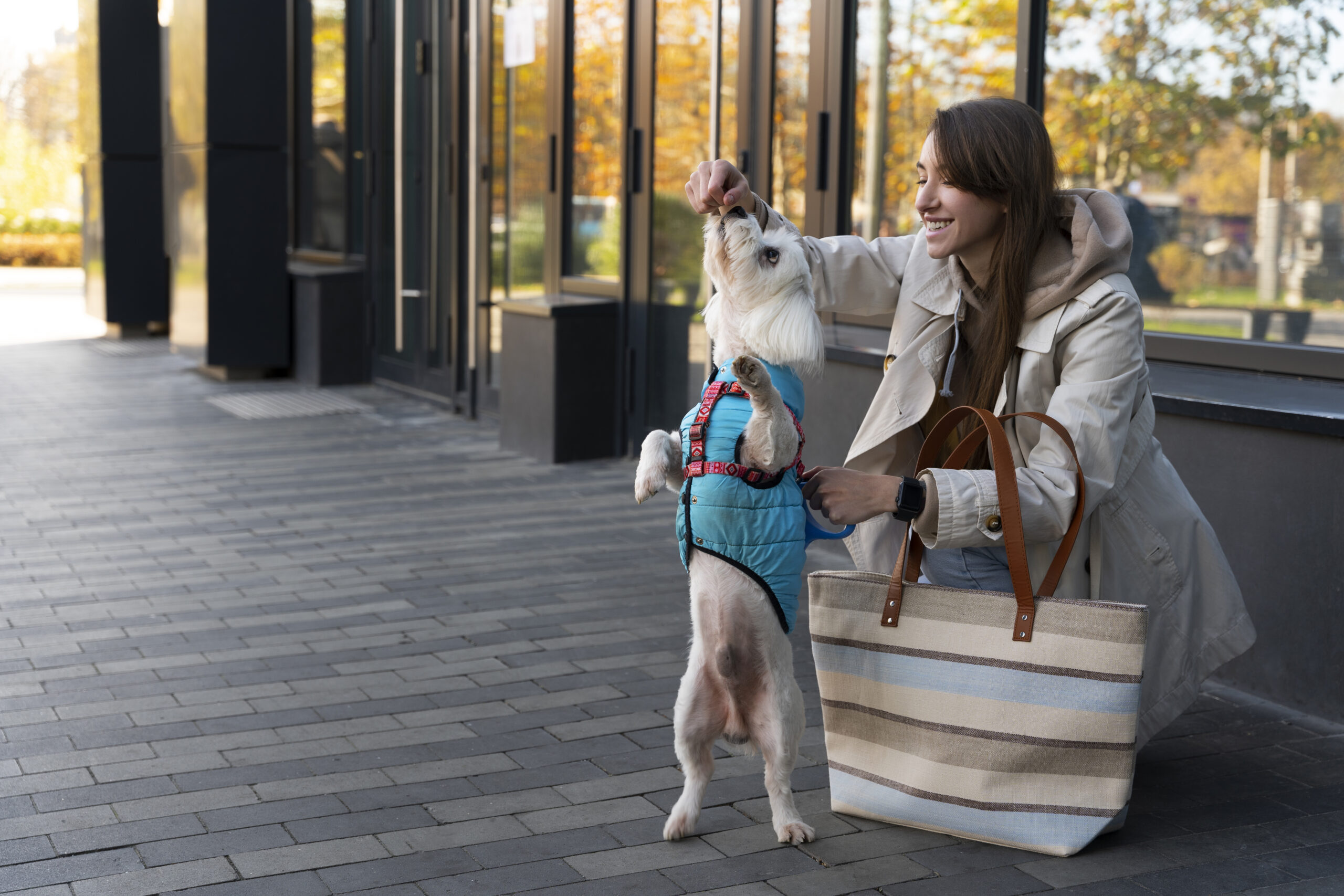Unleashing Confidence – A Dog Trainer’s Guide to Socialization That Lasts a Lifetime

Why Socialization Isn’t Just for Puppies
Over the years—whether I’m training a family’s first pet or working with a high-drive protection dog—I’ve learnt one thing: a dog never really stops learning about the world.
Socialization isn’t just about making a dog “friendly.” It’s about helping them feel calm, safe, and sure of themselves when life throws new things at them—be it a noisy street, a sudden thunderclap, or a stranger in a hat.
A confident dog:
- Knows what’s safe and what’s worth paying attention to
- Bounces back quickly from surprises
- Looks to their handler for direction instead of panicking
The Truth About the ‘16-Week Rule’
You’ve probably heard people say, “You must socialise your dog before 16 weeks, or it’s too late.” Yes, puppyhood (3–16 weeks) is a very important stage, but it’s not the end of the road.
I’ve seen nervous 5-year-old rescues turn into relaxed companions and older reactive dogs learn to cope. Dogs keep adapting if we keep guiding them.
Think of it like this:
- Puppies → gentle, fun experiences to build trust
- Adult dogs → careful practice to replace fear with positive associations
- Seniors → new sights, smells, and small challenges to keep their minds active
My 4 Pillars of Socialization
- Meeting Different People
Dogs should meet all sorts of humans:
- Kids, adults, and elderly folks
- People wearing sunglasses, helmets, uniforms
- Different body shapes and ways of walking or talking
Trainer Tip: Keep meetings short and sweet, and reward calm behaviour. Your dog should think, “New person? Great things happen!”
- Dog-to-Dog Manners
Not all dogs want to play, and that’s okay. Social skills mean knowing when to engage and when to walk away.
- Teach your dog to read signals like “play bows” or “turning away”
- Match energy—some dogs like a sprint, others prefer a sniff-and-stroll
- Step in if things get too rough
- Getting Comfortable in Different Places
The world is full of strange sights and sounds:
- City life: traffic, scooters, crowds
- Outdoors: farm animals, water bodies, uneven paths
- Indoors: elevators, slippery floors, busy clinics
- Sounds: thunder, fireworks, vacuum cleaners (start with low volume recordings)
If your dog seems stressed—pulling away, freezing, barking—don’t force it. Move back, give them space, and try again later.
- You, the Guide
Your dog looks to you for clues. If you stay calm, they feel safe.
- Don’t push them into things they’re not ready for
- Step in before strangers overwhelm them
- Reward them the moment they handle something well
Avoid These Common Mistakes
- Thinking dog parks are the only way to socialise
- Ignoring stress signs because “the tail is wagging”
- Waiting weeks between exposures
- Flooding—throwing them into a scary situation all at once
Special Notes for Working or Reactive Dogs
Working dogs need to stay focused in busy, noisy settings. Reactive dogs need a much slower pace. For both:
- Start with controlled distractions
- Work at a safe distance
- Reward for paying attention to you, not the chaos around them
Keeping It Going
Socialization is a “use it or lose it” skill. Try:
- Taking a new walking route each week
- Letting them sniff and explore new safe objects
- Rotating dog friends for playdates
- Practising basic commands in new places
Need Help? That’s What We’re Here For
At Progressive Canines, we make socialization plans that fit your dog’s personality—whether they’re shy, confident, playful, or all business. With decades of hands-on training and my experience as a PSA decoy, we focus on confidence, control, and real-world readiness.
Call/WhatsApp: +91 90000 04099
Visit: www.progressivecanines.com
Kokapet, Hyderabad
Progressive Canines – Helping dogs face the world with trust and confidence.
Get In Touch
+91 90000 04099
connect@progressivecanines.com
Survey 41/42, Inside the Wilderness Retreat Resort, Beside CBIT College, Kokapet, Gandipet, Hydrabad – 500075
